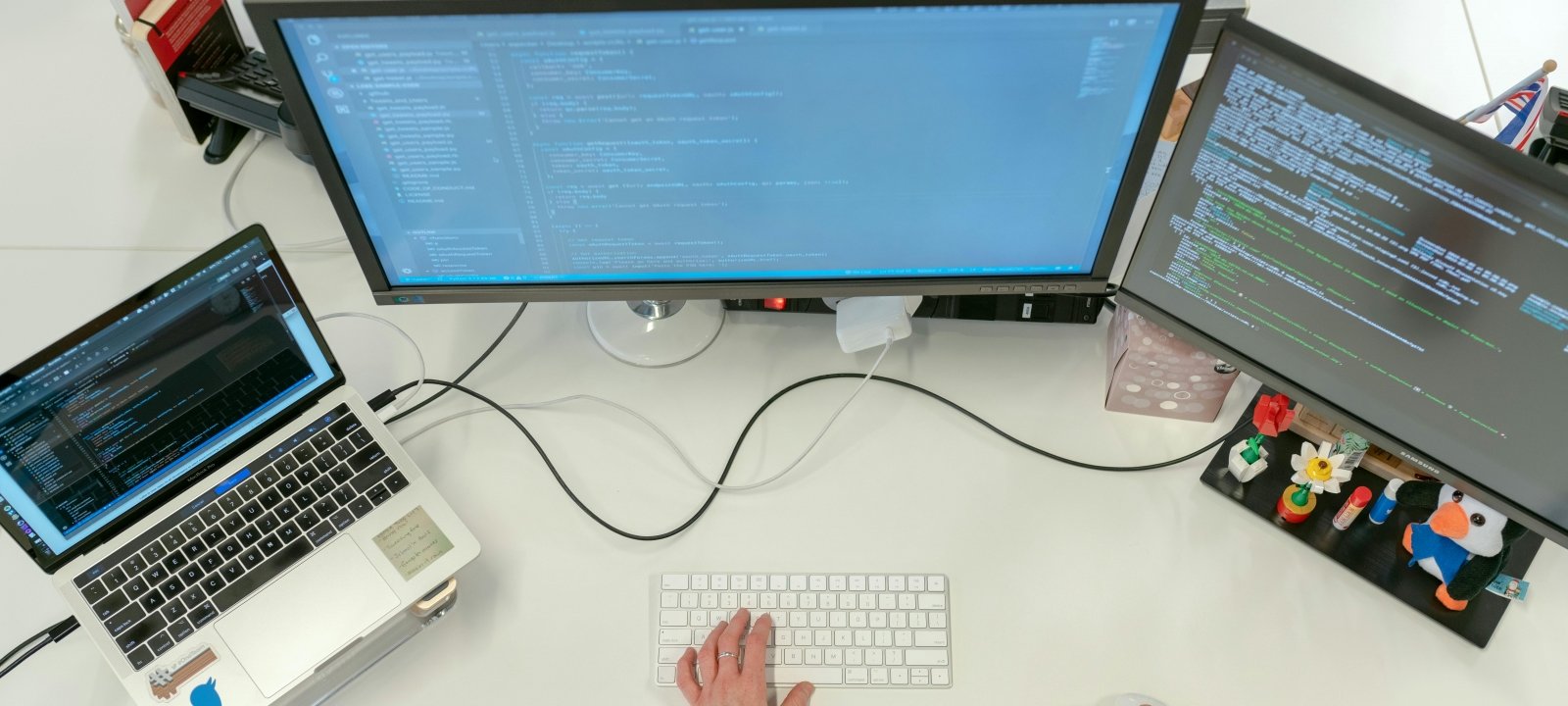Overview of Courses
Currently, Global Campus offers three types of noncredit courses, which help students achieve different educational goals.
Bridge Courses
These are short, intensive, preparatory online courses that help learners develop the knowledge and skills that are required to enter advanced study, such as an undergraduate program, graduate degree, or graduate certificate. Often, students who are provisionally accepted into a program must take these courses in order to enroll. These courses are also resources for those who want to review certain areas, such as algebra, statistics, and grammar.
Professional Development and Professional Learning Courses
Often known as continuing education and career training, courses allow those in the workforce to
- develop and/or hone skills (leadership, project development, conflict management, digital marketing strategies)
- stay up-to-date on current trends (Lean/Six Sigma, Search Engine Optimization, automotive focus areas)
- acquire specialized training (GIS, GPS)
- develop strategies and resources for designing, teaching, and/or delivering courses or course materials (specific content, standards, approaches, methodologies)
- gain relevant job-specific badges and certifications. (For instance, some employees are required to earn a certain number of professional education units (PEUs) per year.)
Though usually noncredit, some professional development courses, such as Civil Asset Management, are for credit.
Specialized Corporate Education
These are short courses that are developed in collaboration with a specific corporate clients to provide essential knowledge, training, and skills for their workforces. For instance, an automobile company might collaborate with Michigan Tech Subject Matter Experts (SMEs), such as those from APS Labs, to create a short course on control systems or hybrid electric vehicle drives.

"I appreciate the resources like video examples and checklists. Having a checklist while I’m trying to implement a new strategy like productive talk makes me feel like I have a road map for trying it!"
"Education is not the filling of a pail, but the lighting of a fire."
